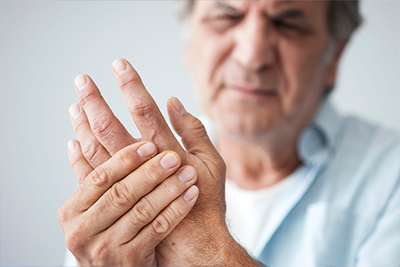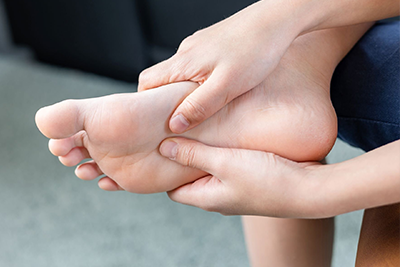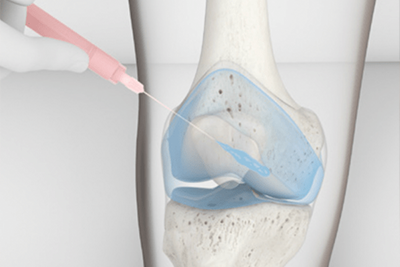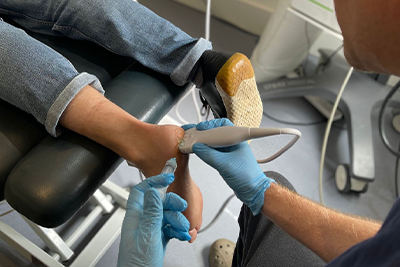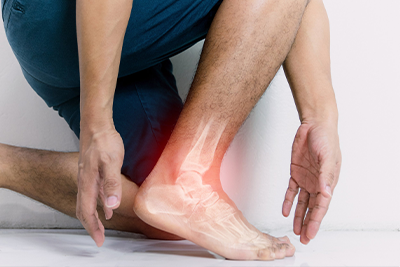Poor posture isn’t just an aesthetic concern; it can significantly impact your physical health and emotional well-being. A study published in Health Psychology reveals that slouching doesn’t just contribute to back and neck pain; it may also make you feel more stressed and drained. This can disturb your sleep, reduce your energy levels, and even contribute to feelings of sadness and anxiety. With so many of us sitting for long hours, whether at work or home, it’s crucial to understand the importance of good posture and how to achieve it.
When you slouch, your body is forced into unnatural positions, causing strain on your muscles, joints, and spine. Over time, this can lead to chronic pain, stiffness, and fatigue. But what many people don’t realise is the effect poor posture has on your mood. Research shows that slouching is linked to increased levels of stress hormones, which can make you feel overwhelmed and irritable.
Moreover, when you slouch, your lung capacity decreases, reducing your body’s oxygen. This can make you feel lethargic, affecting your focus and productivity. As your physical discomfort grows, it can lead to a low mood and stress cycle. By correcting your posture, you can break this cycle, improving both your physical and mental health.
Advice from the British Chiropractic Association
The British Chiropractic Association (BCA) offers several tips to help you improve your posture and reduce the risks associated with slouching. Whether watching TV at home, sitting at your desk, or commuting, these small adjustments can make a big difference to your overall well-being.
-
At Home
Many of us tend to slouch when relaxing at home, especially watching television. However, this seemingly innocent habit can contribute to back pain and poor posture over time. According to the BCA, allowing the chair to take your weight is important, ensuring that as much of your body as possible is in contact with the seat for proper support.
Position your bottom firmly against the back of the chair, allowing your shoulder blades to rest against the backrest. This helps align your spine and reduces unnecessary strain on your lower back. Avoid slumping or sitting for long periods; ideally, stand up and stretch every 30-40 minutes to keep your muscles active and engaged.
-
Hydration and Movement
Posture is only part of the equation when it comes to staying healthy. The BCA recommends staying hydrated by opting for water over caffeinated drinks like tea or coffee. Drinking enough water helps keep your muscles supple and improves concentration and alertness.
Look for small opportunities to incorporate movement into your daily routine. For instance, take the stairs instead of the lift, get off the bus a stop early, or go for a short walk during your lunch break. These small bursts of activity help prevent stiffness and improve circulation, contributing to better posture over time.
-
Work Smarter
In today’s digital age, many of us spend hours each day working at a desk or using a computer. Ensuring your workspace is ergonomically sound is essential for preventing posture-related issues. Start by adjusting your seat so that your feet are flat on the ground, with your knees bent at an angle slightly lower than your hips. This position helps support the natural curve of your spine.
If you share a desk with others, take the time to re-adjust the chair and screen height to suit your needs. The top of your computer screen should be at eye level, which may require placing the monitor on a stand or a stack of books. Your elbows should rest comfortably at a right angle, with your forearms flat and level with the desk.
Ensure you have enough legroom by removing any obstacles under your desk, allowing you to sit comfortably without hunching or crossing your legs awkwardly. It’s also important to take frequent breaks. Ideally, you shouldn’t sit for longer than 40 minutes at a time; use these intervals to stand up, walk around, and stretch.
-
Laptop Users
Laptops can be particularly problematic for posture due to their low screen height and compact design. If you use a laptop regularly, it’s worth investing in a stand to raise the screen to eye level or simply elevate it with a stack of books. For a more comfortable typing experience, use a plug-in keyboard and mouse, which allows you to maintain better hand and arm positioning.
-
Psychological Benefits
Beyond physical health, adopting good posture can immediately benefit your mental state. Studies show that sitting upright can help you feel more confident, reduce stress, and even improve your overall mood. Making minor adjustments to how you sit, stand, and move throughout the day can positively influence your mental and physical well-being.
Vale Health Clinic
At Vale Health Clinic, we understand the importance of posture in maintaining overall health. Our experienced chiropractors are dedicated to helping you achieve and maintain a posture that supports your lifestyle. Whether you’re dealing with back pain or stress or want to improve your overall well-being, we offer personalised care to help you feel your best.
Don’t let slouching hold you back; contact Vale Health Clinic in Tunbridge Wells today to learn how we can support your journey towards better posture and a healthier, happier life.
Related Articles
- Driving Posture, do you Sit Correctly in your Car?
- Posture, and How to Improve It
- 5 Things Your Tunbridge Wells Chiropractic Clinic Can Help Treat
- 6 Ways to Maintain Spinal Health
- A Little Something about Skeletal Muscles







